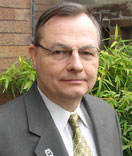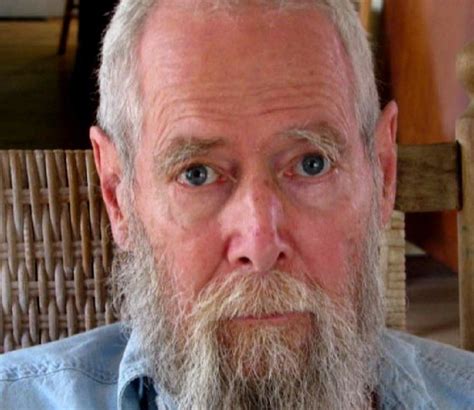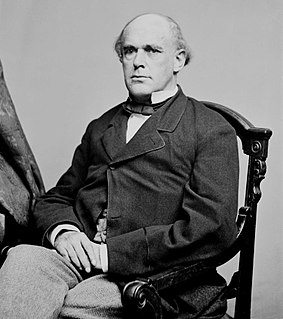A Quote by Geoff Dyer
There's one profound difference between secular and religious pilgrimages. It's inconceivable that a Muslim would feel a sense of anticlimax when reaching Mecca. But for a secular pilgrim, the potential for disappointment is always there.
Related Quotes
We need to employ a secular approach to ethics, secular in the Indian sense of respecting all religious traditions and even the views of non-believers in an unbiased way. Secular ethics rooted in scientific findings, common experience and common sense can easily be introduced into the secular education system. If we can do that there is a real prospect of making this 21st century an era of peace and compassion.
You have to be closer to religious origins -- the generation of the 20's was truly secular in that it still knew its theology and its varieties of religious experience. We are post-secular, inventing new faiths, without any sense of organizing truths. The truths we accept are so multiple that honesty becomes little more than a strategy by which you manage your tendencies toward duplicity.
In contemporary society secular humanism has been singled out by critics and proponents alike as a position sharply distinguishable from any religious formulation. Religious fundamentalists in the United States have waged a campaign against secular humanism, claiming that it is a rival "religion" and seeking to root it out from American public life. Secular humanism is avowedly non-religious. It is a eupraxsophy (good practical wisdom), which draws its basic principles and ethical values from science, ethics, and philosophy.
I'm not against religion in the sense that I feel I can't tolerate it, but I think written into the rubric of religion is the certainty of its own truth. And since there are 6,000 religions currently on the face of the earth, they can't all be right. And only the secular spirit can guarantee those freedoms and it's the secular spirit that they contest.
A comprehensive doctrine, either religious or secular, aspires to cover all of life. I mean, if it's a religious doctrine, it talks about our relation to God and the universe; it has an ordering of all the virtues, not only political virtues but moral virtues as well, including the virtues of private life, and the rest. Now we may feel philosophically that it doesn't really cover everything, but it aims to cover everything, and a secular doctrine does also.
The bloody years of war and all the atrocities in European history have taught the Europeans that secular politics free of religious hatred is mainly a question of peace. This concept is not anchored in the same way in the consciousness of Turks, which has to do with the fact that the secular was forced upon us by the army.
America's founding fathers did not intend to take religion out of education. Many of the nation's greatest universities were founded by evangelists and religious leaders; but many of these have lost the founders concept and become secular institutions. Because of this attitude, secular education is stumbling and floundering.
There came a time in my life when I doubted the divinity of the Scriptures, and I resolved as a lawyer and a judge I would try the Book as I would try anything in the courtroom, taking evidence for and against. It was a long, serious and profound study and using the same principles of evidence in this religious matter as I always do in secular matters, I have come to the decision that the Bible is a supernatural Book, that it has come from God, and that the only safety for the human race is to follow its teachings.






































